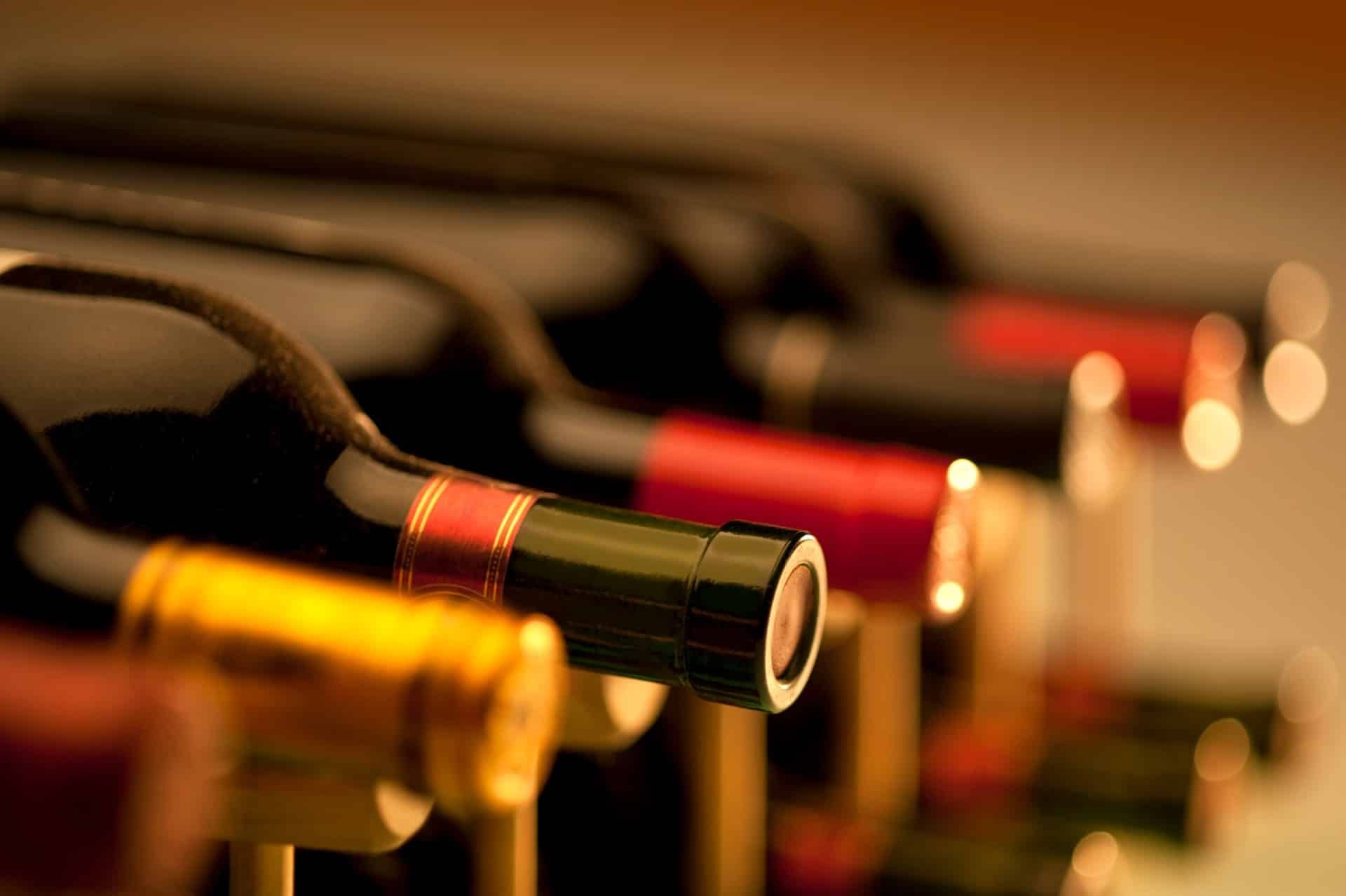
California winemaker Copper Cane is accused of lying about where its products are made, according to a class action lawsuit.
Lead plaintiff Barry Kay claims he and others were duped by Copper Cane advertising into thinking certain types of its wines are made in Oregon.
According to the complaint, while the grapes are from Oregon, the wine is made in Napa Valley, Calif.
The plaintiff points out that Oregon has specific rules for the production of wine in the state based on its American Viticultural Area (AVA), along with other guidelines.
Under these rules and guidelines, wines labeled as from Oregon, specifically Elouan wine bottles, must be made mostly of grapes grown in Oregon, as well as fully finished in the Beaver State.
“In this way, wines from specific Oregon AVAs are similar to Kobe beef, which can only be produced according to specifications within a certain region (Kobe) in Japan, or champagne, which can only be produced in a specific region of France and by using certain techniques,” the wine class action lawsuit contends.
According to the complaint, wines labeled as being from a specific region in Oregon, such as Willamette Valley, Umpqua Valley and Rogue Valley, are required to meet these standards regarding their makeup and where they are made.
“There is large consumer demand for wines from the Oregon AVAs, and consumers are willing to pay premium prices for these wines, or purchase them instead of other wines, because, rightly or wrongly, consumers believe that wines from the Oregon AVAs have superior flavors and other characteristics to wines produced in different regions, elsewhere within and outside of Oregon,” the Copper Cane wine class action lawsuit says.
Copper Cane allegedly took advantage of consumers’ willingness to pay more for Oregon wines and labeled its product as if it were produced in that state, rather than California.
According to the Copper Cane class action lawsuit, their Elouan wine label specifies three regions of Oregon, touting that they “produce wines that define Oregon’s coastal regions.” The label also states “purely Oregon, always coastal.”
However, in 2018, the winery was forced by the federal government to change its labeling practices because of charges of deceptive advertising about the source of their wine.
The complaint contends it is not enough that the grapes that makeup Copper Cane wine are from Oregon—the product must also be made in Oregon in order to be labeled as from an Oregon AVA.
 Further, although Copper Cane was forced to change its labeling practices in 2018, much of the Elouan wine that was allegedly mislabeled is still available on the market, the wine class action states.
Further, although Copper Cane was forced to change its labeling practices in 2018, much of the Elouan wine that was allegedly mislabeled is still available on the market, the wine class action states.
In this way, claims the plaintiff, Copper Cane was able to extract a higher price for its wine.
The plaintiff points out that he and other wine buyers must rely on the product’s label to make their purchase.
Wine is typically sold in sealed, darkly tinted bottles, notes the complaint, and consumers usually cannot smell or taste the product before they buy it.
Additionally, the plaintiff asserts that winemakers cannot unilaterally impose standards for specific Oregon AVAs when it comes to making, bottling and selling their products.
“Wines that are vinified and finished in California, or in any other state, can never meet the standards for labeling a wine as though it was produced in an Oregon AVA,” the complaint states, pointing out Copper Cane is well aware of these standards.
According to the wine class action lawsuit, the plaintiff and proposed Class Members would not have purchased or paid as much for Copper Cane wine had it not been falsely labeled.
“Defendant attempts to confuse consumers by suggesting that because a wine is made with grapes Defendant claims were grown in the Oregon Appellation, it is selling those consumers authentic wines produced in the Oregon AVAs,” the wine class action lawsuit argues. “This is patently false.”
The plaintiff seeks to represent other consumers who purchased Copper Cane wine that was falsely labeled as if it were made in Oregon. The wine class action lawsuit is seeking damages, along with a court order stopping Copper Cane from its allegedly mislabeling its wines.
Have you purchased Copper Cane wine you thought was made in Oregon? Tell us what you think about this class action lawsuit in the comment section below.
The lead plaintiff and proposed Class Members are represented by Todd David Carpenter, Edwin J. Kilpela and James P. McGraw of Carlson Lynch LLP and Stephen B. Murray, Stephen B. Murray Jr. and Caroline T. White of the Murray Law Firm.
The Copper Cane False Wine Labeling Class Action Lawsuit is Kay v. Copper Cane LLC, Case No. 3:20-cv-04068, in the U.S. District Court for the Northern District of California.
ATTORNEY ADVERTISING
Top Class Actions is a Proud Member of the American Bar Association
LEGAL INFORMATION IS NOT LEGAL ADVICE
Top Class Actions Legal Statement
©2008 – 2026 Top Class Actions® LLC
Various Trademarks held by their respective owners
This website is not intended for viewing or usage by European Union citizens.



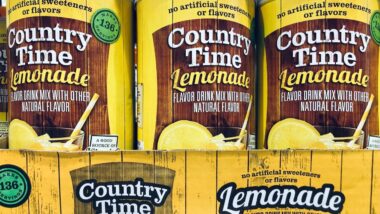
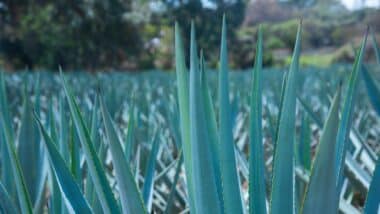
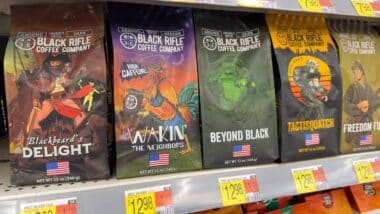



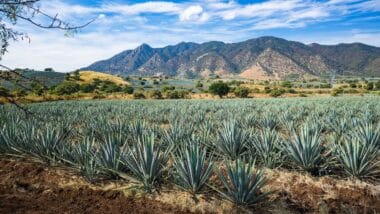



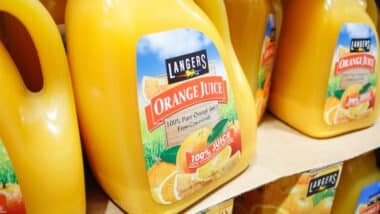

12 thoughts onCalif. Winery Mislabels Product As Being Made In Oregon, Class Action Says
Add me please
This wine was from SO CAL? No wonder it tasted so fruity. PLEASE ADD ME. THANKS